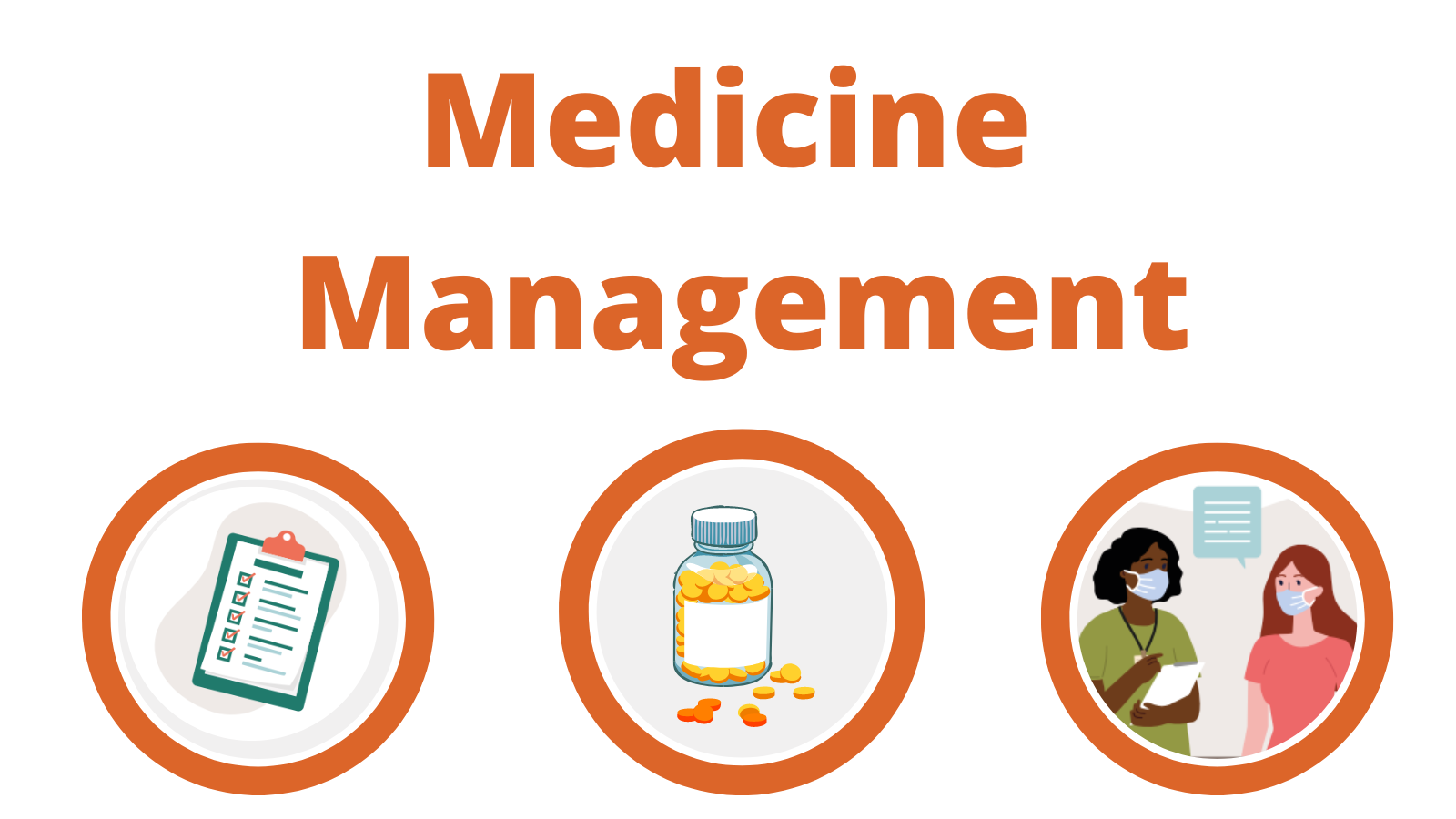Highlighting the importance of Medicines Management
Medicine management is one of the Health and Care Standards we look at during our inspections. Over several years we have reported a variety of issues with medicines management in our individual inspection reports and annual reports.

Whilst a variety of issues were reported, a number of key themes have emerged through a retrospective review by our clinical team. We feel that it is important that we highlight these common themes and also areas of good practice we have identified.
The areas of concern we have found during our review were:
- Safe storage and checking of medicines
- Omissions and documentation relating to omissions
- Oxygen prescription
- Allergy recording
- Time critical medicines
Safe storage and checking of medicines
In a number of reports, it was highlighted that medicines were consistently not stored securely and at the right temperature. Areas of concern included:
- Medicines being left in areas where members of the public or patients could access them
- Intravenous fluids being stored in unsecure cupboards
- Medicines requiring refrigeration not being refrigerated
- Medicines being left at a patients bedside unsecured
Some areas of good practice we noted which you may want to adopt included:
- Swipe access to all medication preparation and intravenous fluids storage areas. This ensured that if medicines were left out, they were still secure from unauthorised access. It also meant staff could access these areas easily without the need for a key.
- Regular spot check audits to assess medicine security and storage on an ongoing basis.
- Policy and reminders in place to ensure staff watched patients take their medicines before leaving their bedsides.
Omissions and documentation relating to omissions
Omissions of medicines were also noted in a large number of inspection reports. This included the reasons for omissions not being recorded and left blank and patients not receiving medicines they required.
Some areas of good practice we noted which you may want to adopt included:
- Regular prescription chart audits and checks to highlight any issues and work with staff to resolve them.
- Reporting of any omissions on handovers and safety briefings, to ensure that they are rectified as soon as possible.
- Incident reporting any omissions.
- Training from pharmacy staff or pharmacies to help staff understand how to avoid omissions and ensure alternative routes are available if needed.
Oxygen prescription
The prescribing of oxygen remains a concern for HIW in acute health care settings. Although the NHS has adopted a prescribing protocol which is printed on prescription charts, we found this was often not filled in. In many cases patients were receiving oxygen therapy without this being prescribed on their prescription chart.
Some areas of good practice we noted which you may want to adopt included:
- Oxygen prescription added to safety briefings and handovers to remind staff of importance of this issue.
Allergy recording
Allergy information was blank in a number of records. This could be a risk to a patient if they do have allergies which have not been recorded.
Time critical medicines
In a number of inspections, it was noted that patients did not always receive their time critical medicines on time. This included medicines such as insulin and medicines for Parkinson’s disease. It is important these medicines are given on time to ensure patients do not suffer any unwanted side effects as a result of delays.
Some areas of good practice we noted which you may want to adopt included:
- Flagging system for patients taking time critical medicines. Such as symbols on their prescription charts or by their bedside.
- Allocated ‘time critical nurse’ in ward settings. This nurse would ensure that all patients on time critical medicines received them on time by prompting the nurse looking after them or assisting by administering themselves.
- Alarm clocks situated by patients which were set to go off at the time the medicine was required.